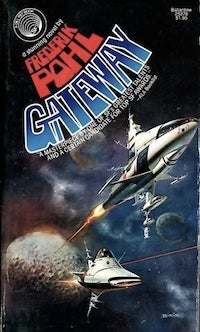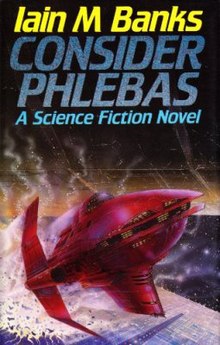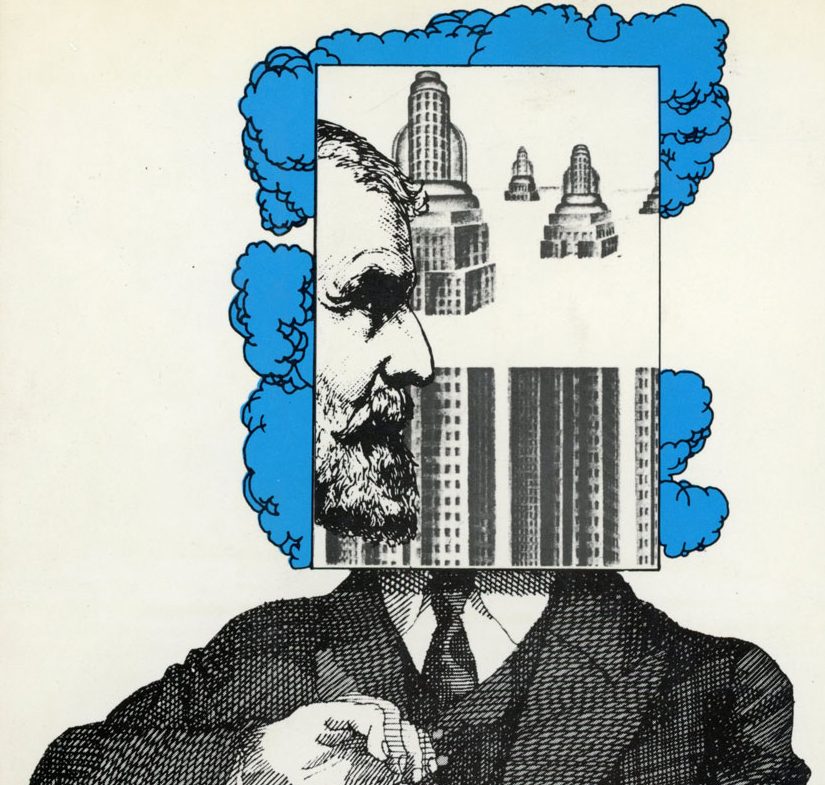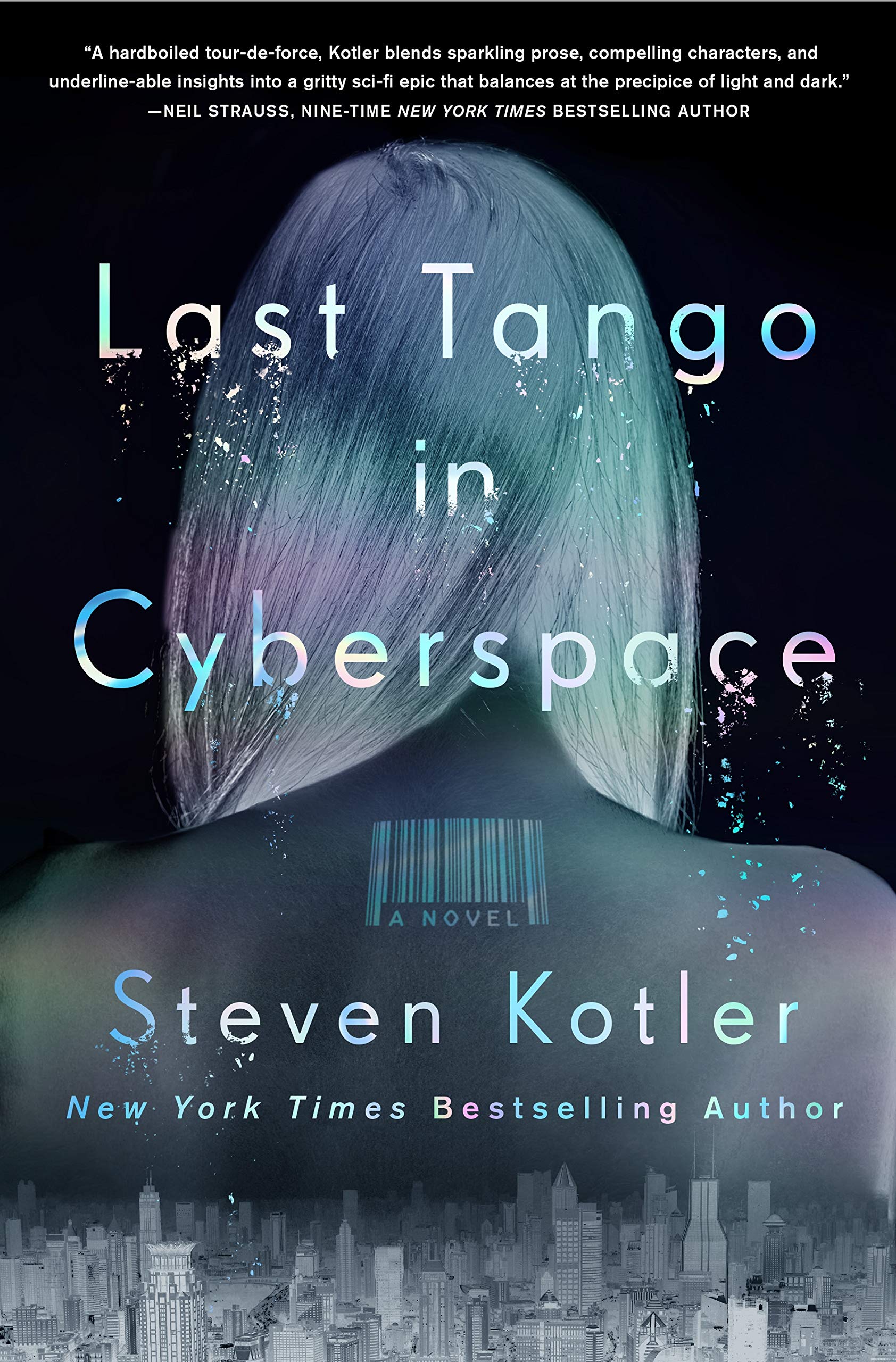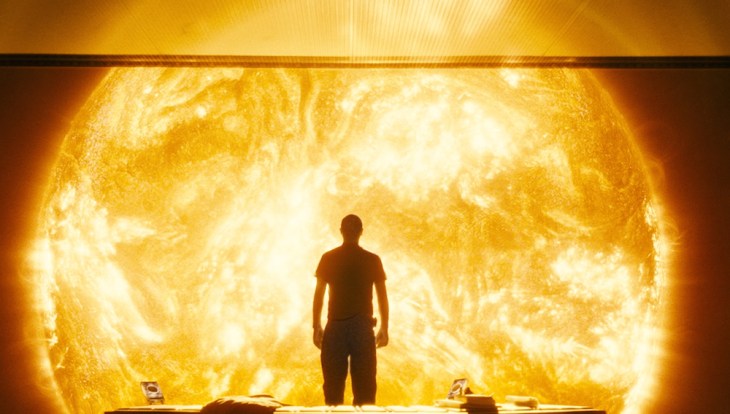Ah,
Gateway, by Frederik Pohl, a book so good that it is regularly referenced in movies and video games. In the
Alien movies, Gateway Station is a space dock in Earth's orbit, and the book even had it's own
text adventure game.
The protagonist, Robinette Broadhead, has made the trip out to an asteroid containing alien spaceships to try to make a fortune. As part of an ever replenishing caste of space explorers, Robinette takes completely random trips on alien spacecraft in an attempt to gain wealth and learn more about the vanished species that left their spacefaring technology. The alien spaceships have preprogrammed flight patterns but no one has any understanding of the program.
The result of taking a flight out is essentially a roll of the dice. Many flights are uneventful, relatively short flights that don't go anywhere of value to humans. Some flights lead humans to alien artifacts or treasure. Other flights pass so close to supernovas that anyone on board the flight is irradiated and killed. Still other flights are so long that passengers starve to death before they can return home.
Most of the space travelers double down on the gambling aspect of their work and spend their hard-won earnings in Gateway's casino. Since death isn't an outcome of gambling in the casino, the space travelers prefer casino gambling to the much more random alien spaceflight version of gambling.
The random aspect of life on Gateway takes a psychological toll on the space explorers. While the possibility of making a major find and becoming extremely wealthy functions as the motivating factor to travel, only a few travelers are so lucky. Most travelers only earn enough to eat and pay rent, and relationships among the explorers are rarely longterm, since the travelers regularly disappear. Sex is viewed as a momentary pleasure to stave off the anxiety associated with alien space travel. But even the big winners of this system suffer the consequences of their involvement in an unremitting system. Those that walk away wealthy retain the post-traumatic stress from manning suicide missions and from losing friends and lovers along the way.
Pohl's story focuses on gambling--alien spaceflight as a kind of gambling and Gateway's casino-based gambling--to comment on capitalism's illusion of wealth creation. Yes, capitalism has its winners, big winners like the fin-de-siècle Captains of Industry--John Rockefeller, Cornelius Vanderbilt, JP Morgan, and Andrew Carnegie--or the 20th-century winners of big tech like Jeff Bezos, Bill Gates, Steve Jobs, or Mark Zuckerberg. But for every big winner (read billionaire) a sea of people are stuck forever in some state of the middle class or in poverty. Here's the numbers. We currently have about 2150 billionaires in a world population of 7.53 billion. So, billionaires basically make up 0% of the world's population. 585 of those billionaires live in the US, which has a population of 327.2 million. Similar to the ratio of the world's billionaires to the world's population, that means that something like 0% of the US' population are billionaires. Yes, you have a better chance of living in extreme wealth if you are an American, but for almost everyone, that wealth is unattainable, a dream.
Consider the name of the alien space station for which Pohl's book gets its name:
Gateway. In the same way that taking highly random and highly dangerous alien space flights is the gateway to potential wealth, the capitalist system is also the gateway to the extreme fortune of the limited few that have, through luck or pluck, benefited most from the system. But no billionaire earns their riches without exploiting populations. Behind every fortune are the underpaid, the underfed, the forgotten, and the have nothings. The capitalist system, most simply defined, is a system of using the work of others and the work of wealth itself, to gain more wealth. It doesn't take too much mental work to see that people are a form of capital in the capitalist system. Indeed, within capitalism everything is a form of capital. The best capitalist is the individual that figures out how to make more out of what they have.
Capitalism, unfortunately, looks an awful lot like a guy with a lot of money rolling the dice in a casino to try to get more. The dice will fall where they will, and the capitalist system will separate the economic winners of the world from its losers. But why? Think of the size of our world. Think of the resources we have available. The presence of the poor, the exploited, and the hungry tells us that we haven't managed what we have all that well. We shouldn't have the destitute; we shouldn't have the billionaires. We shouldn't have high rollers rolling the dice to control the fortunes of our world and the fortunes of its people.
If you read the biographies of all the world's wealthiest people, you find a common thread. They give away a lot of their wealth to charities and to great social building projects. Why? To ease their consciences over what it took to gain that wealth. Similarly, Robinette Broadhead ends up on a psychiatrist's couch, working through a psychosis that money can't alleviate. Because while capital is the gateway to every commodity the world over, no amount of capital can alter the fundamental essence of the self.
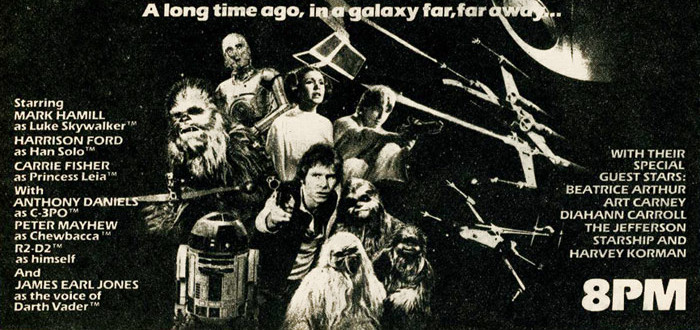
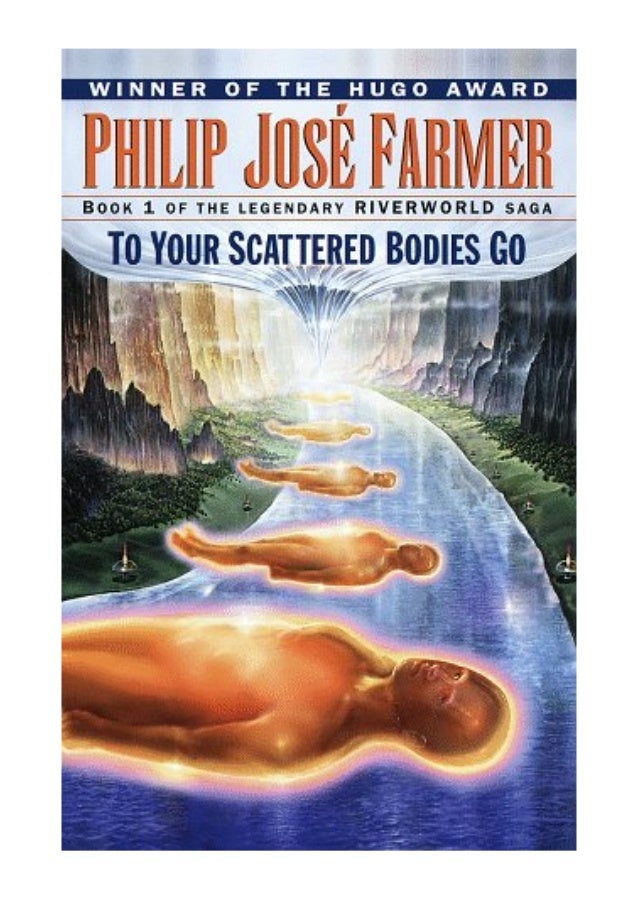

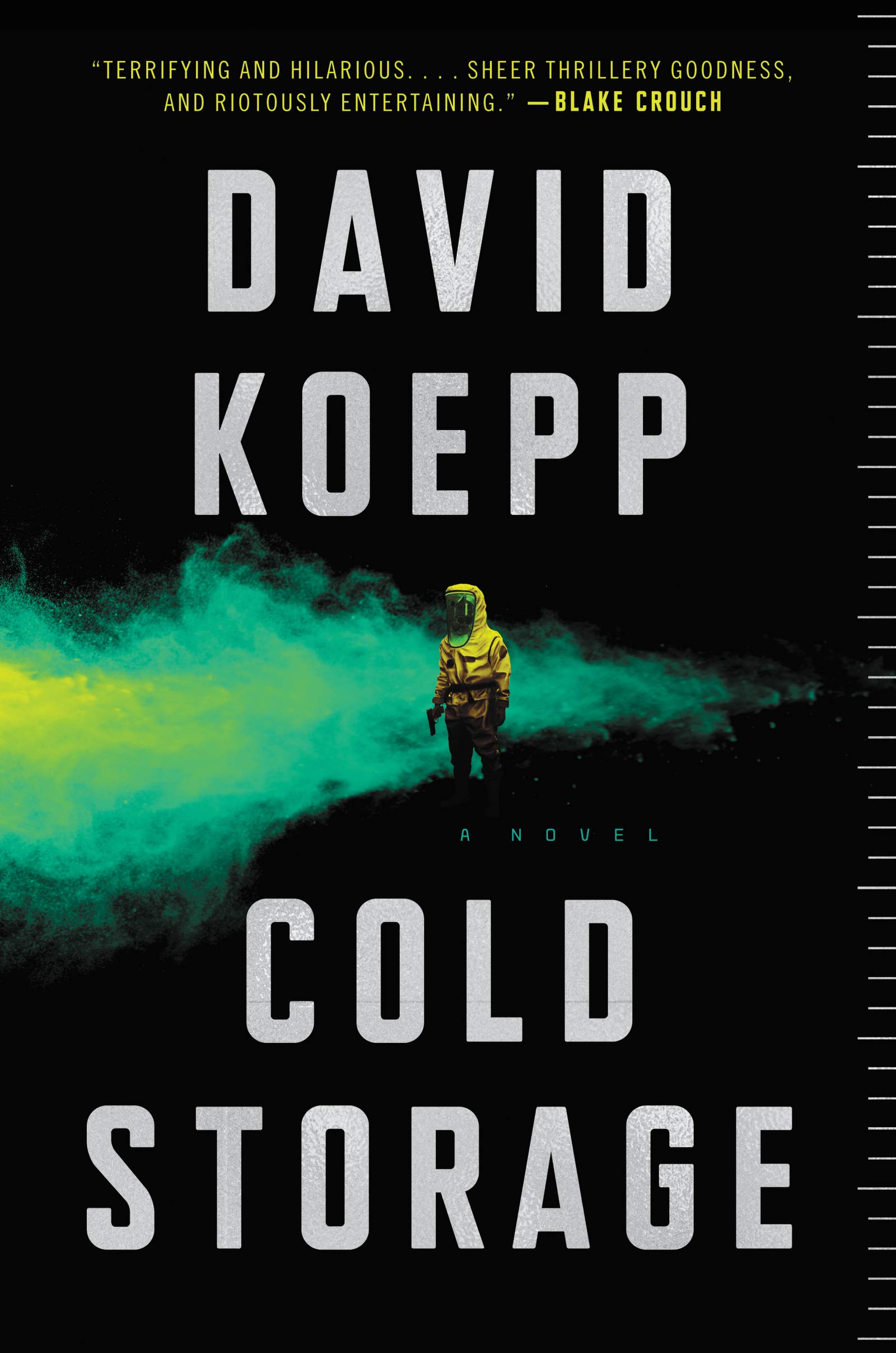
/cdn.vox-cdn.com/uploads/chorus_image/image/35876522/TheSimpsonsEveryoneEver800.0.jpg)





